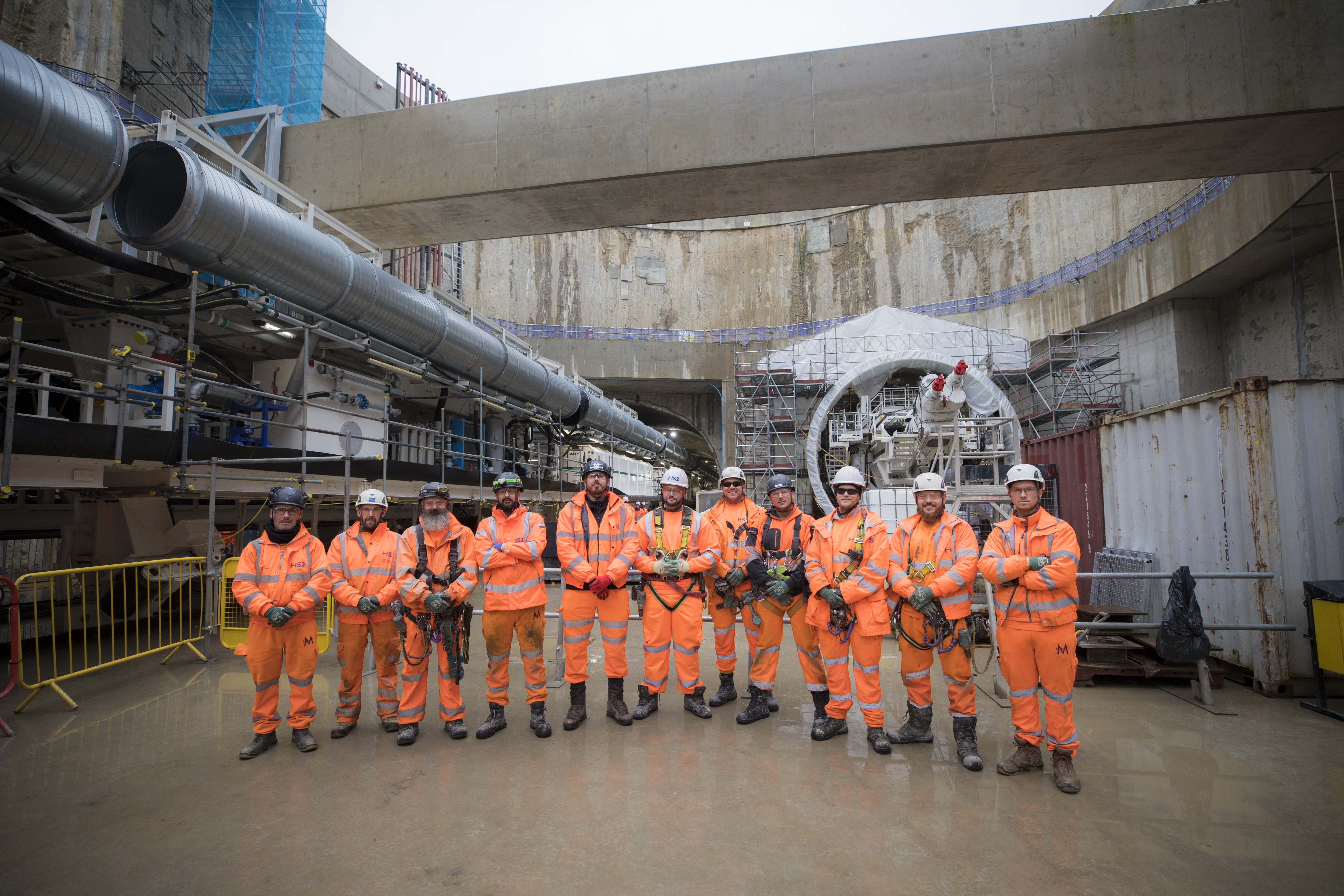Millcroft has been a trusted name in the rail sector for more than four decades, providing specialist scaffolding and safe access solutions for major infrastructure projects across London and beyond. With a long-standing partnership with Transport for London (TfL) and more recent high-profile roles on the Crossrail and HS2projects, we have built a reputation as leaders in scaffolding for rail infrastructure.
At the heart of our success lies our unwavering commitment to safety, underpinned by adherence to stringent regulations and rigorous training.
Navigating a regulated environment
The rail sector is highly regulated, with strict safety protocols, accreditations and compliance requirements that scaffolding contractors must adhere to. At Millcroft, we have demonstrated our commitment to meeting and indeed exceeding these standards through our accreditations, which include ISO, FORS and RoSPA. This year, we have also been awarded the RoSPA President’s Award for 12 consecutive Golds and our 6th Fleet Gold Safety Award.
This recognition is more than a mere box-ticking exercise; the accreditations and awards are third-party validations that our work, systems, and procedures have been assessed against high standards and that we comply with industry regulations.
However, our commitment to safety goes beyond certifications. We recognise that the rail environment presents unique challenges, from live, high-voltage lines to confined spaces and tunnels. We address these risks through a comprehensive training programme, tailored to the specific hazards of the sector.
Training for excellence
Training is central to our operational success and includes not only the technical aspects of scaffolding but also the critical safety considerations that are essential in the rail industry.
We provide our team with wide-ranging training courses at our CITB-approved on-site training centre, such as Site Management Safety Training Scheme (SMSTS), Site Supervisor Safety Scheme (SSSTS) training and First Aid at Work.
However, our rail projects often involve working in particularly hazardous and challenging environments, so we invest heavily in specialised training for our teams. For instance, our work on the Crossrail Elizabeth Line terminus project at Paddington Station required our supervisors to undergo rigorous supervisor appraisals involving continuous assessments and interviews with the client’s management team. This process ensured that our supervisors were technically proficient and fostered a safety-first culture.
During the construction of the Colne Valley Viaduct for HS2, we had to work from boats, erecting scaffolding while wearing life jackets instead of traditional harnesses. To prepare for this unique challenge, our dedicated HS2 team underwent Safe Working in Water (SWIW) training, which gave them crucial skills in self-rescue, co-worker rescue, and cold-water considerations.
Similarly, our confined space training has enabled us to carry out specialised projects involving work in restricted for TfL. This training has given our operatives a deep understanding of the potential hazards of confined spaces such as tunnels, allowing them to construct scaffolding safely and competently in even the most challenging environments.
Keeping projects on track
Delivering projects in the rail sector requires an experienced and knowledgeable team to meet strict health and safety criteria. Effective communication and clear briefings are essential to ensuring safety and efficiency throughout a project. Our infrastructure improvement projects, like Euston HS2 and Whitechapel, demand meticulous planning and execution to maintain safe and efficient rail services.
Developing the right scaffolding solution for rail projects is a collaborative process that looks beyond just the initial brief. We carefully consider the phasing of the project, critical safety factors like live rails, public access routes, and segregation of the work area and ensure the scaffolding has the flexibility to allow for both planned and unplanned adaptations. Changes to the scope of work are inevitable on complex rail infrastructure projects. That’s why open and effective communication between our scaffolding teams and clients is vital. This enables us to respond quickly when changes arise, keeping the work moving forward safely and efficiently.
Continuing our journey of excellence
At Millcroft, safety isn’t just a priority – it’s ingrained in everything we do. Through a commitment to regulations, comprehensive training initiatives, and a culture based on mitigating risk, we will continue to deliver complex infrastructure projects successfully and to the highest standards.

